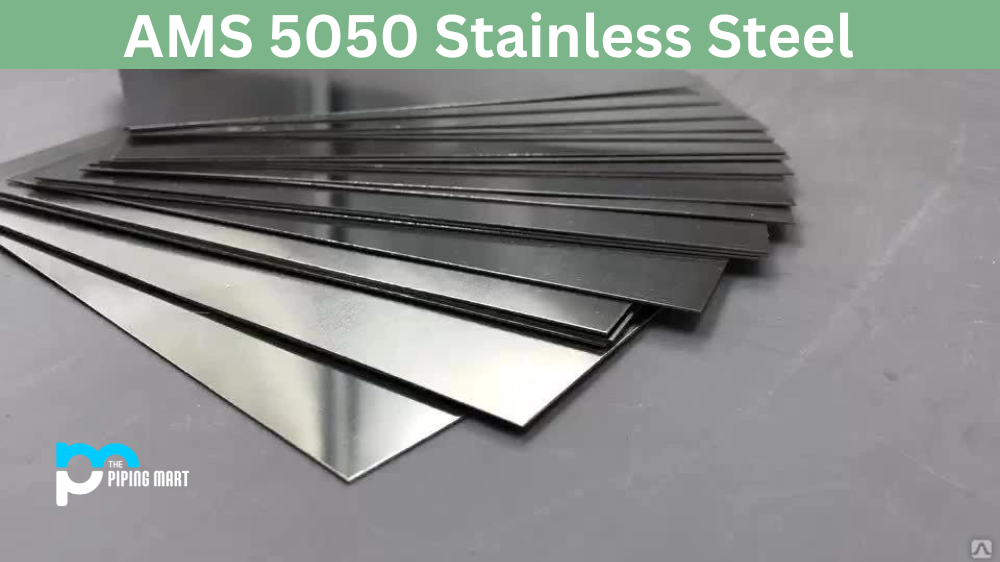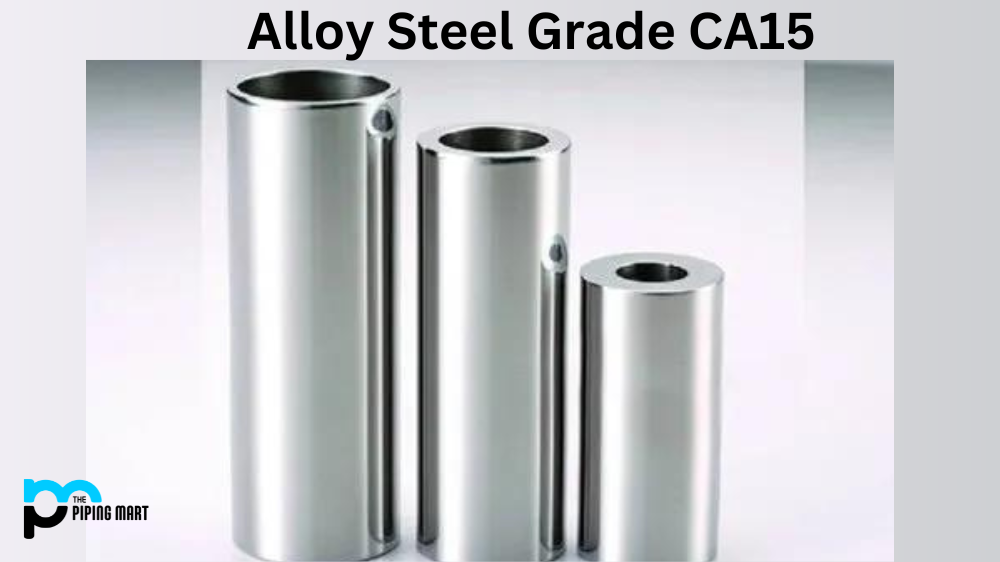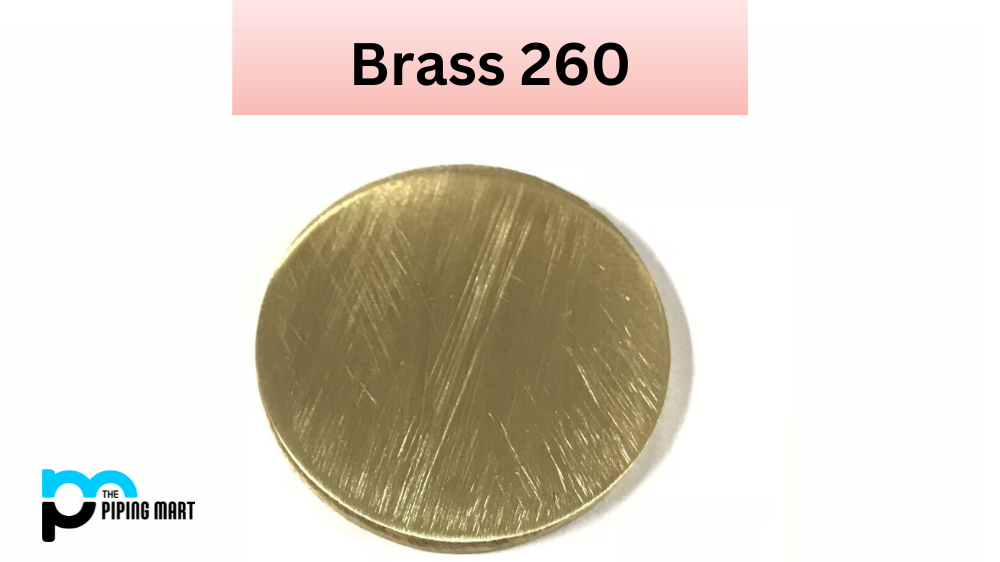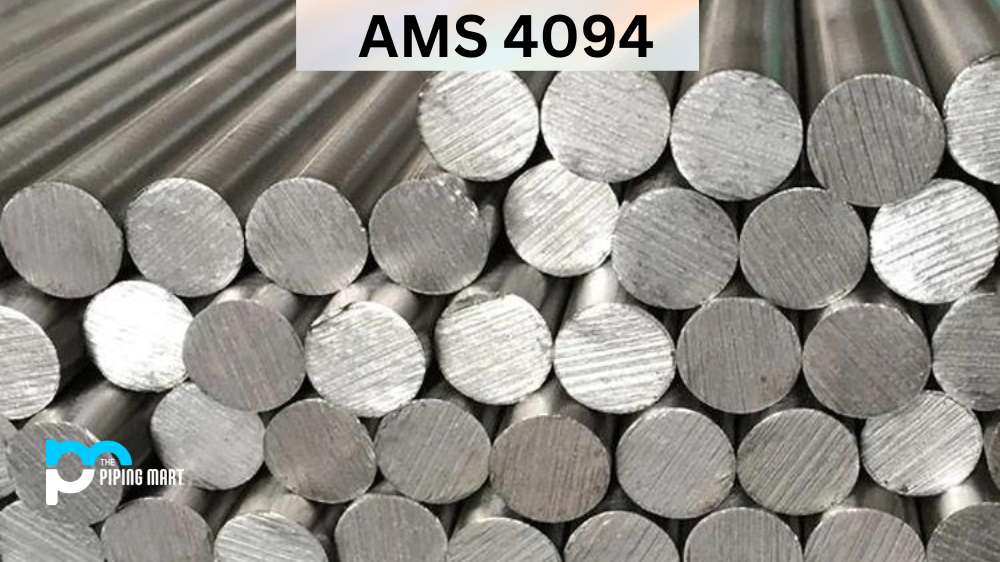Stainless steel is a durable and versatile material widely used in various industries. One of its most popular types is known as AMS 5050, which is a precipitation-hardened stainless steel alloy. In this article, we’ll delve deeper into what AMS 5050 is, its composition, physical and mechanical properties, and how it’s commonly used in different applications.
AMS 5050 Composition
AMS 5050 is a stainless steel alloy of iron, chromium, nickel, and copper. It also contains small amounts of titanium and molybdenum, which are added to enhance its mechanical properties. The exact composition of AMS 5050 may vary depending on the manufacturer, but generally, it has a high chromium content (16-18%) and a moderate nickel content (3-5%).
AMS 5050 Physical Properties
Regarding physical properties, AMS 5050 has a 7.8 g/cm³ density and a melting point of around 1370°C. It also has excellent corrosion resistance, making it suitable for harsh environments. However, it’s worth noting that AMS 5050 can corrode under certain conditions, such as high saline or acidic environments.
AMS 5050 Mechanical Properties
AMS 5050 is a precipitation-hardened stainless steel alloy, so its mechanical properties can be improved through ageing. This involves heating the alloy at a high temperature and then cooling it rapidly, which results in the precipitation of small particles of copper-titanium. As a result, AMS 5050 becomes stronger and more resistant to wear and tear. Its mechanical properties include a high tensile strength of up to 1000 MPa and a hardness of around 30 HRC.
AMS 5050 Uses
AMS 5050 is commonly used in various industries, including aerospace, automotive, and marine engineering. Its excellent strength and corrosion resistance make it ideal for turbine blades, exhaust systems, and oil rigs. It’s also used to manufacture surgical instruments and dental implants due to its biocompatibility and resistance to corrosion.
AMS 5050 Hardness
The hardness of AMS 5050 can vary depending on the ageing process used. Generally, it has a hardness of around 30 HRC, considered moderately hard. However, the right ageing treatment can be hardened even further, reaching a hardness of up to 40 HRC.
AMS 5050 Heat Treatment
The ageing process is a key part of heat treatment for AMS 5050. The alloy is heated to a high temperature (around 950°C) and then cooled rapidly to room temperature. This process is known as solution annealing and is needed to dissolve any unwanted phases or impurities in the alloy. After solution annealing, the alloy is aged at a lower temperature (around 450°C) for several hours to improve its mechanical properties, such as strength and hardness.
Conclusion
In summary, AMS 5050 is a precipitation-hardened stainless steel alloy composed of iron, chromium, nickel, and copper. Its excellent strength and corrosion resistance make it ideal for various industries, including aerospace, automotive, and marine engineering. By understanding its composition and properties and how to properly heat treat it, we can ensure that AMS 5050 is utilized effectively and efficiently in various applications.
Meet Heer, a dynamic and driven writer learning tricks of her trade in the metal industry. With a background in Digital Marketing, Heer brings a unique perspective to her writing, sharing valuable insights. Apart from blogging she like reading and hiking.




